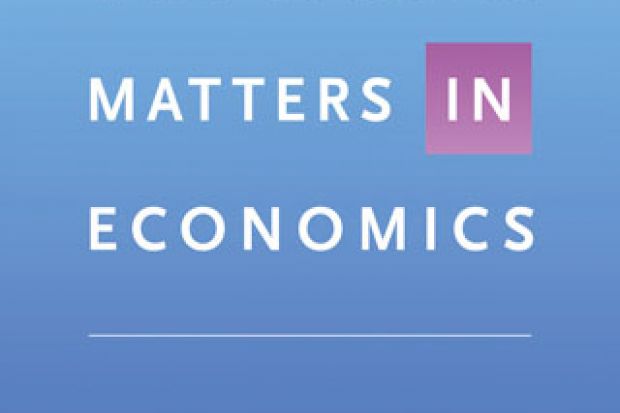Love it or hate it, feminism is back. Like the Cold War, just when you thought it was over, it returns – and with a vengeance. Having grown up with the message that men and women are equal, today’s new wave of feminists have reached adulthood to confront a worrying reality: a society obsessed with women’s bodies. With the growth of international connections, we have also become all too familiar with the plight of women in poorer countries. Whether it’s the Indian women on what the BBC has termed the “long, dark and dangerous walk to the toilet”, the Sudanese mother Meriam Ibrahim sentenced to death for marrying someone of a different faith from that of her father, or Saba Maqsood, a young girl from Pakistan who survived an attempted “honour” killing after marrying someone she loved, the stories of mistreatment of women earn regular headlines in the press.
As an economist and a feminist, I regularly find myself pondering the connection between women and the economy. However, turning to the textbooks doesn’t provide much help. After all, gender is an issue that has been largely ignored by mainstream economists, whose abstract mathematical models of the world consist of genderless “representative agents”. Those who have chosen to look at gender, such as Nobel prizewinner Gary Becker, have done so in a cold and calculating manner that belies the reality of daily life. In such explorations, marriage is, for example, reduced to an economic exchange. Only recently, and in part a response to feminist scholars in the discipline, has gender begun to attract economists’ attention.
Providing an accessible textbook-style survey of this emerging field, Mukesh Eswaran’s Why Gender Matters in Economics plugs a gaping hole in the discipline. Drawing on insights not only from feminism but also from evolutionary biology, anthropology, psychology, politics and Marxism, Eswaran seeks to answer questions of interest to us all. To what extent are women still discriminated against in the West? Does globalisation have different effects on men and women? Why do people marry, and what has been the effect on women’s lives inside and outside the household? And how has access to the pill affected women’s bargaining power? Among the answers you can find some jaw-dropping facts: 85 per cent of the world’s societies have been polygynous; being married has the same effect on our happiness as earning an extra $100,000 (£62,000) a year; while single women in the rich economies earn 90 per cent or more of single men’s salaries, married women earn only 60 to 70 per cent of married men’s; if you have daughters, you are more likely to vote for the Left; and, women hold only 10 per cent of seats on boards of directors in Organisation for Economic Cooperation and Development nations.
Looking ahead, and comparing the lives of women in the developed and the undeveloped world, one could be forgiven for presuming that gender equality simply follows in the footsteps of economic development. If so, economists could rightly ignore gender issues: by focusing on the economy, everything else would sort itself out. However, as Eswaran shows throughout this book, free market capitalism and economic development cannot be relied upon to resolve the plight of women across the world. Furthermore, and as is currently being argued elsewhere by economic historians, economic development will not be successful unless women are placed at the top of the agenda. The richest parts of the world today are those in which the position of women advanced beforehand.
Societies that seek to crack down on women’s freedom and return to more “conservative” social orders need to take heed. Feminism and a successful economy are natural bedfellows. If you ignore the former, you turn your back on the latter.
Why Gender Matters in Economics
By Mukesh Eswaran
Princeton University Press, 408pp, £30.95
ISBN 9780691121734 and 9781400852376 (e-book)
Published 3 September 2014
Register to continue
Why register?
- Registration is free and only takes a moment
- Once registered, you can read 3 articles a month
- Sign up for our newsletter
Subscribe
Or subscribe for unlimited access to:
- Unlimited access to news, views, insights & reviews
- Digital editions
- Digital access to THE’s university and college rankings analysis
Already registered or a current subscriber? Login





